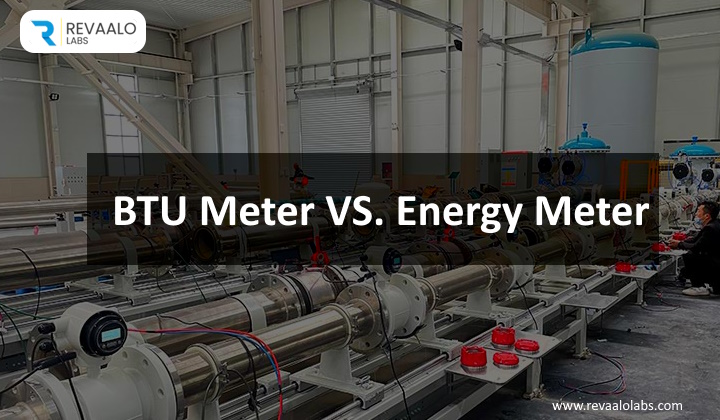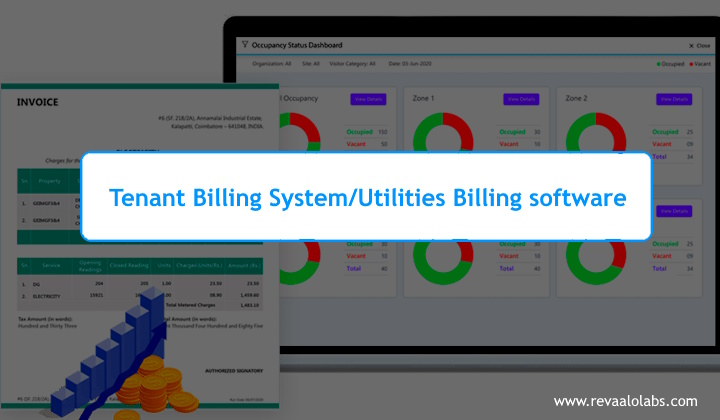#BTUMeter #Energy Meter

BTU meters and energy meters are both devices that measure energy consumption, but they are used for different types of energy and for different purposes.
Here`s a comparison between BTU meters and Energy meters:
BTU Meters:
Type of Energy Measured:
Specifically designed to measure thermal energy, BTU meters measure heat or cooling energy. They are used to measure the amount of energy exchanged between heating, ventilation, air conditioning (HVAC) systems, district heating and cooling networks, and industrial processes.
Measurement Method:
A BTU meter measures energy by comparing the temperature difference between a fluid (usually water) before and after passing through a heating or cooling system. As well as the flow rate, the temperature of the fluid is measured. BTU meters calculate thermal energy exchanged by combining temperature differential and flow rate data.
Application:
BTU meters are commonly used for billing, energy efficiency analysis, and system optimization when precise thermal energy measurements are required. District heating and cooling systems rely on them for accurate billing, and HVAC systems rely on them to manage energy consumption.
Components:
A BTU meter typically consists of a temperature sensor (inlet and outlet), a flow sensor, and a calculator that processes the data.
Energy Meters:
Type of Energy Measured:
Generally speaking, energy meters measure a variety of energy types, including electricity, gas, steam, and water. Various methods of measuring energy consumption are used in residential, commercial, and industrial settings.
Measurement Method:
Energy meters differ in their measurement methods depending on the type of energy they measure. For example, electricity meters use current and voltage measurements, gas meters measure gas flow, and water meters measure water flow.
Application:
In a variety of applications, energy meters are used to measure the consumption of energy sources. Energy meters are widely used for tracking electricity usage in homes and businesses for billing and conservation purposes. There is a similar role played by gas meters and water meters for their respective energy sources.
Components:
The components of energy meters vary significantly based on the type of energy being measured. Current transformers, voltage sensors, and electronics are used in electricity meters to calculate energy consumption, for instance.
The BTU meter and energy meter are both instruments that measure energy consumption, but they are used for different forms of energy and applications. BTU meters are tailored for accurately measuring thermal energy exchange in heating and cooling systems, whereas energy meters have a broader scope and can measure various types of energy sources, including electrical, gas, steam, and water.
Hope you liked it. If you have any requirement related to BTU Meter with your platforms feel free to connect with Revaalo labs your one stop solution for Digital Transformation needs.

One of the most critical decisions website developers must make is deciding what unit of measurement to use when sizing elements, fonts, and other design properties.
Read more
It`s an amazing technology-one that will help us solve society`s toughest problems and reshape the world.
Read more13
December

Today, web browsers play a significant role in our lives, providing us with access to a world of information and possibilities.
Read more
Power BI is a popular business intelligence tool developed by Microsoft for data visualization and analysis. While Power BI is a robust solution, there are several alternatives available that cater to different needs and preferences.
Read more09
October

Tenant billing systems are software solutions used by property owners, managers, and landlords to accurately bill tenants for their usage of utilities and services.
Read more